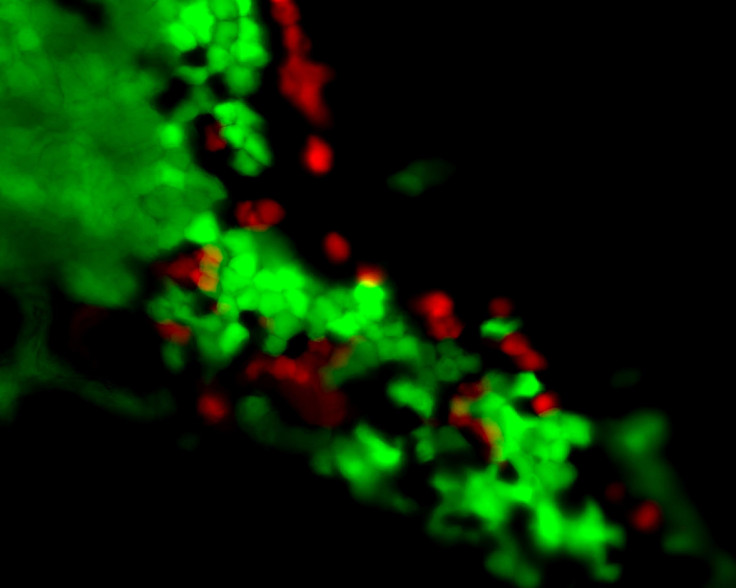TSRI Researchers Identify The Role Of Mitochondria In Immune Function

The enzyme responsible for the death of the cell, or RIPK3, has another function linked to it. According to the team of researchers at The Scripps Research Institute (TSRI) RIPK3 helps relay signals between cell's mitochondria and the immune system of the organism in question.
The researchers believe that the crosstalk carried out by the enzyme is essential to elicit an immune response in case of cancer and tumors. In addition, the researchers say that the interaction also helps regulate the inflammatory responses that may occur in case of autoimmune diseases.
Previously, the role of RIPK3 was restricted to a certain type of programmed cell death or necroptosis. Under such a mechanism, the body cells are protected against harmful and dangerous infections and mutations. However, the researchers did not know the complete and exact role of RIPK3 in the immune system.
During the study, the researchers examined the role of RIPK3 in mice that were deficient of the enzyme. The research team found that RIPK3 activates the natural killer T-cells, or NKTs, that are known to destruct cancers and develop autoimmune diseases.
The team also discovered that RIPK3 does not lead to necroptosis by itself, like previously known. Instead, “it regulates the activity of a mitochondrial enzyme to trigger the expression of inflammatory cytokines in NKTs,” explains the press release. When the researchers deleted the gene for RIPK3 from the mice, they found that the mice was protected from acute liver damage, thus confirming the role of RIPK3 in autoimmune diseases.
The researchers believe that a deeper understanding of the pathway between the mitochondria and the NKTs will help develop strategies to target cancer and inflammatory diseases effectively. The team is hopeful that further research and understanding of the pathway will help them better control NKTs to attack tumors.
© Copyright IBTimes 2024. All rights reserved.




















